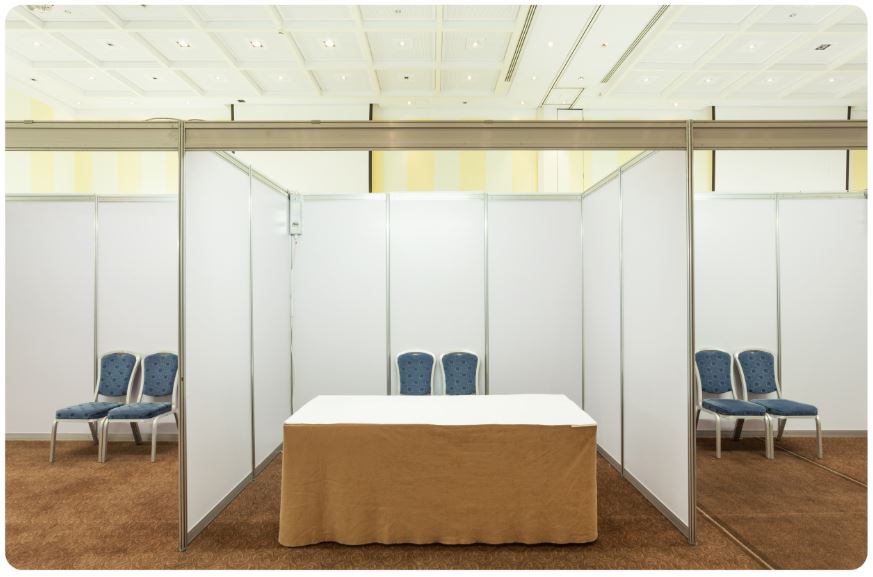Insider secrets about tradeshows
I recently met with a prospect planning on exhibiting at a tradeshow. She shared how excited she was. The show has every one of her target prospects there. It was her chance to amplify her story. Proudly, she showed me on a map, jammed with 6’x10’ booths, where her booth would be located. She pontificated that this specific 6’x10’ booth was one of the best locations. It was between two, large, key suppliers (not competition to her) that everyone would want to go see. She talked about a tri-fold brochure she was making, the table cloth and skirt that coordinated with her banner. All of which would surely draw attention. And last but not least, on her table in the booth, she would have a bowl of expensive handmade chocolates from a local store near her house. She was poised for success. Energy and excitement bubbled out of her and she was ready to collect names. I was not so excited. We’ve heard this story many times, and it always ends in disappointment. I tried to be gentle, the conversation went like this:
Me: What are your plans for getting the key stakeholders to your booth?
Enthusiastic her: I’ll see them when they walk by the booth
Me: How will they know to stop and talk to you?
Enthusiastic her: awkward pause in conversation and a shrug of the shoulders
Me: What are your post show follow-up plans?
Worried her: I have not figured that out, I’ve been focused on the booth. I guess I’ll just call them or email them.
Me trying to give her hope: So what will be a sign this show was a success for you?
Brave faced but self-doubting: I’ll have made some good contacts?
Now, the seeds of her plan have some merit, but what is lacking is goal setting and an integrated plan. A tradeshow in and of itself is not a marketing strategy. It is a display manned by people (a glorified science fair). That’s it. Unless you are ready to integrate that moment in time into a larger strategy that helps perpetuate a prospect through your sales process, you are wasting your time and valuable resources.
We have a simple belief: marketing’s job is to support the sales process. You see 90% of our clients sell something that requires human interaction to complete the sale. They sell complex solutions, and complexity requires dialogue. Complexity takes time. Complexity involves thinking, analyzing and contemplating. While your prospect is doing all these things, marketing’s job is to help move and cajole the sales process along.
So attend the tradeshow, but know it is just the starting line. To have success, you need an integrated plan that encourages your prospects to make the decision to invest in you and your solution. Keep the integrated plan simple. Make sure marketing is supporting your sales process, generating the right leads and helping nurture the leads over the finish line. Was your last tradeshow a flop or success in generating leads?



